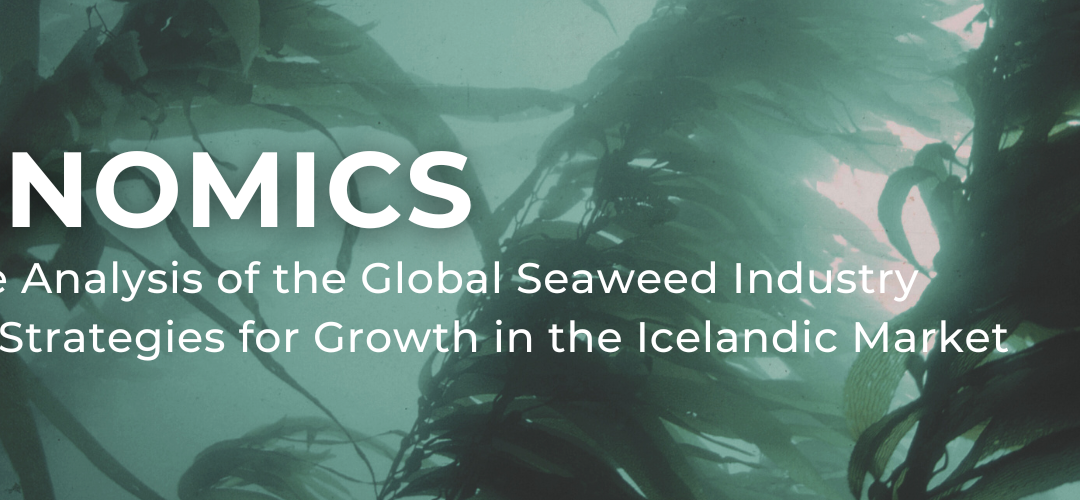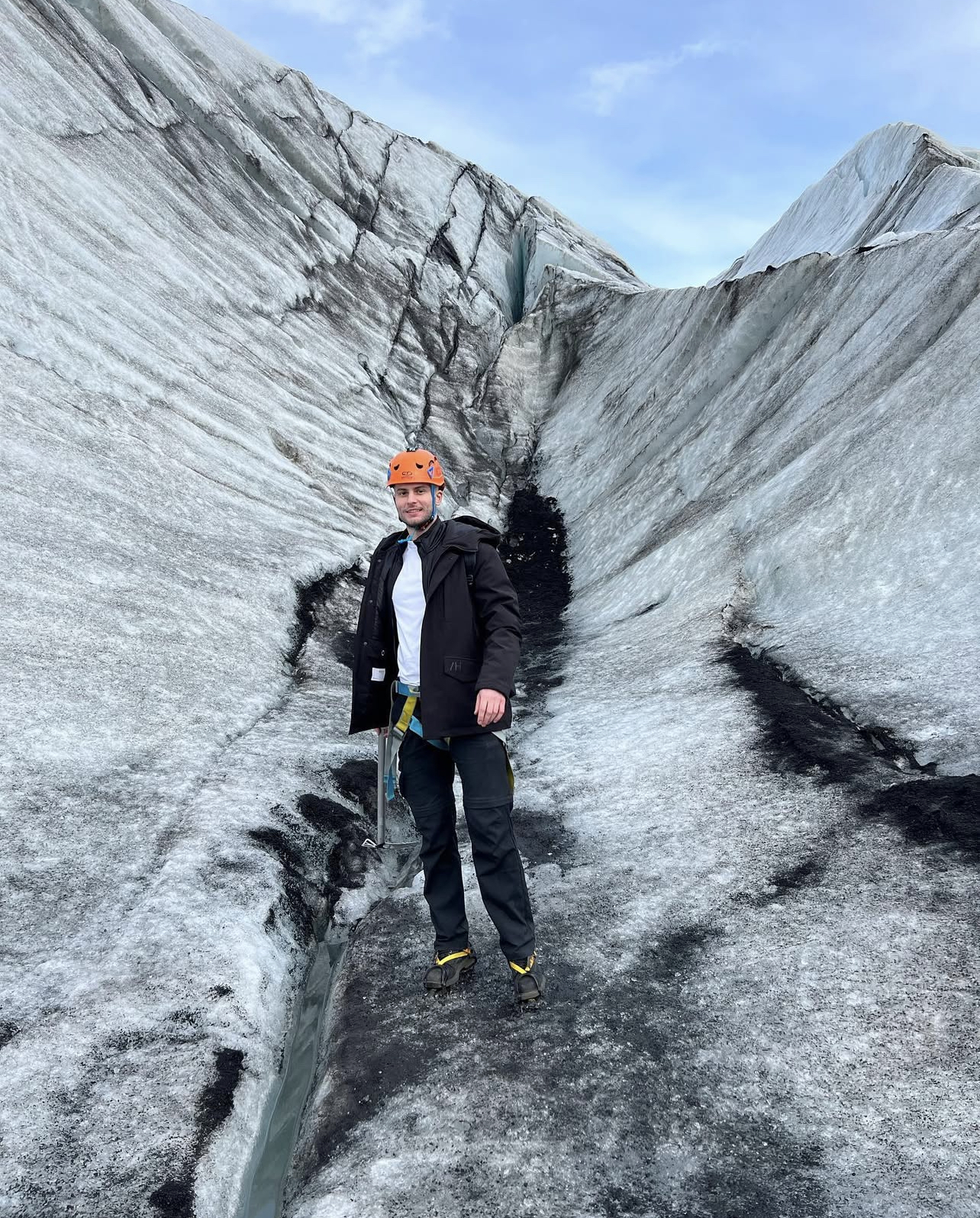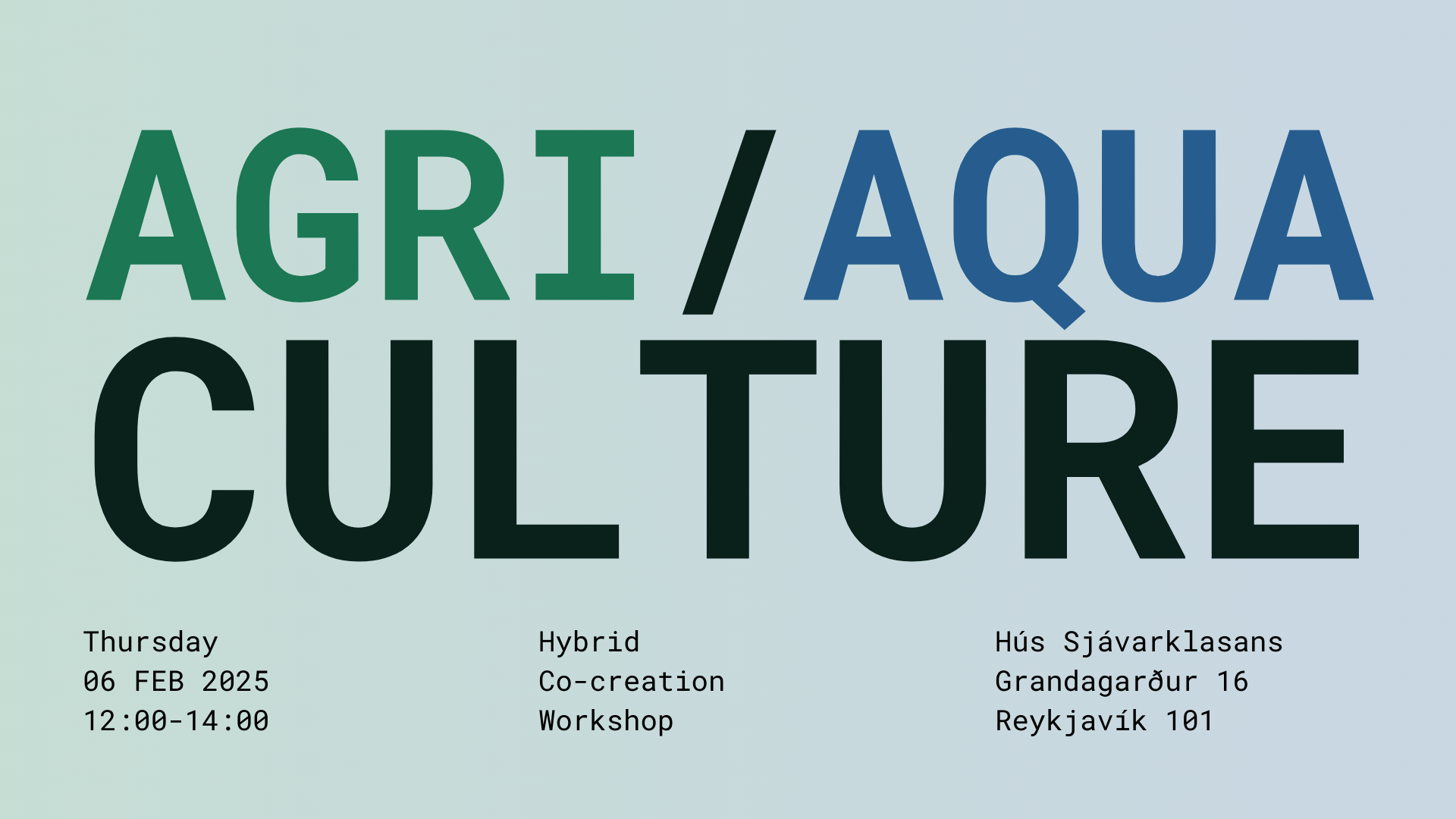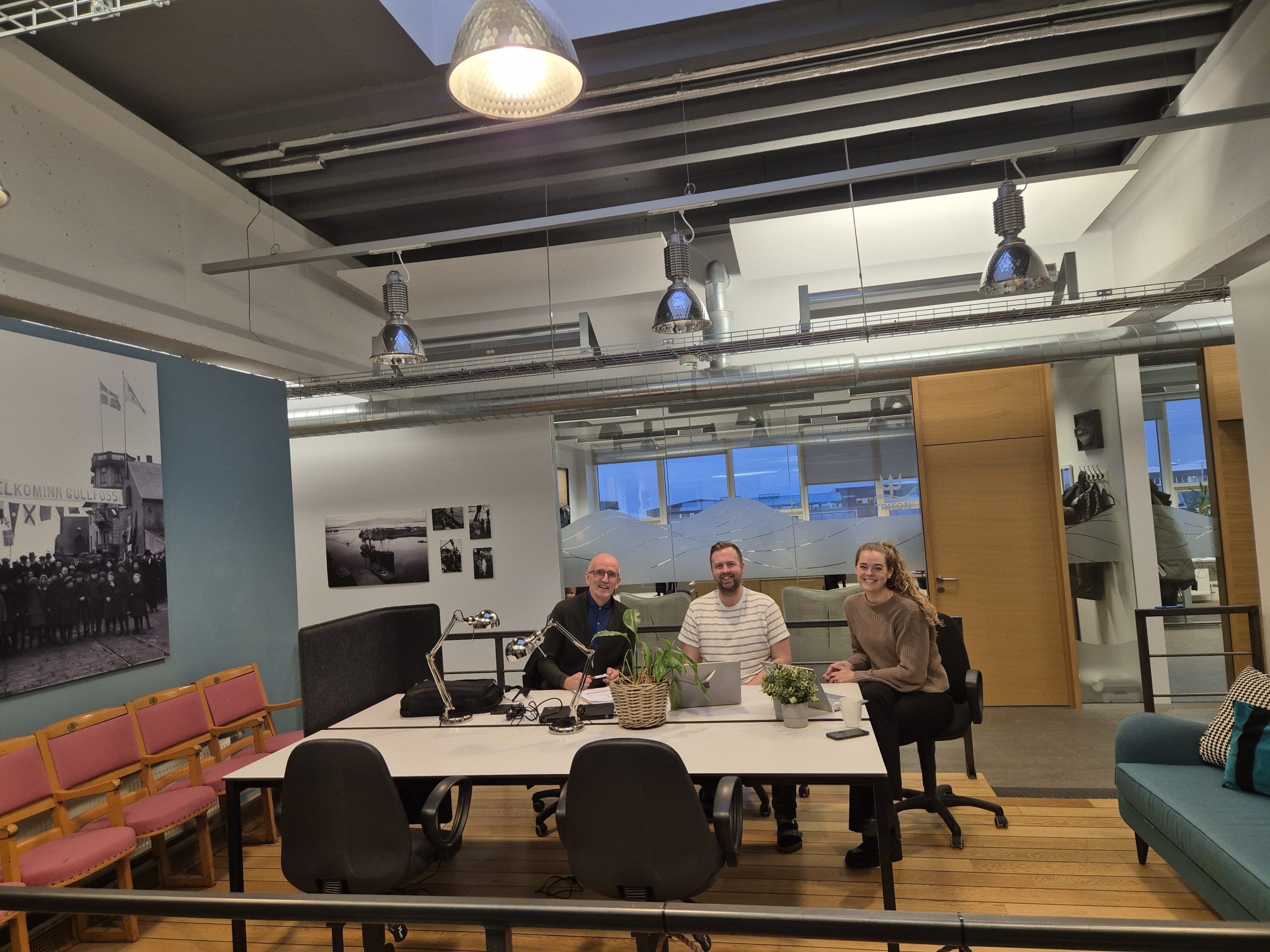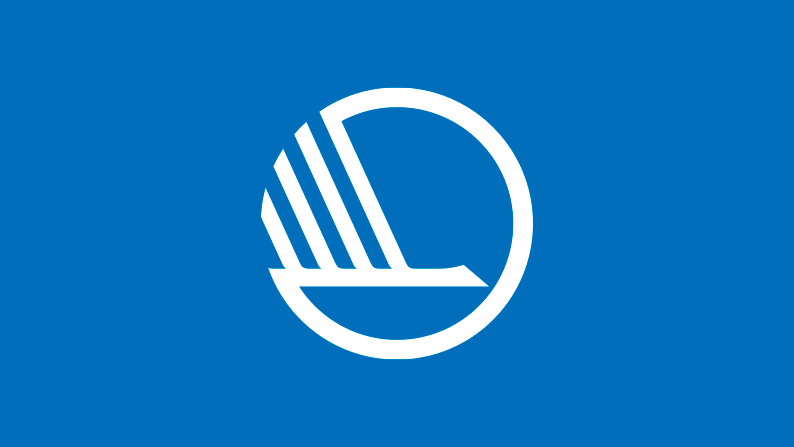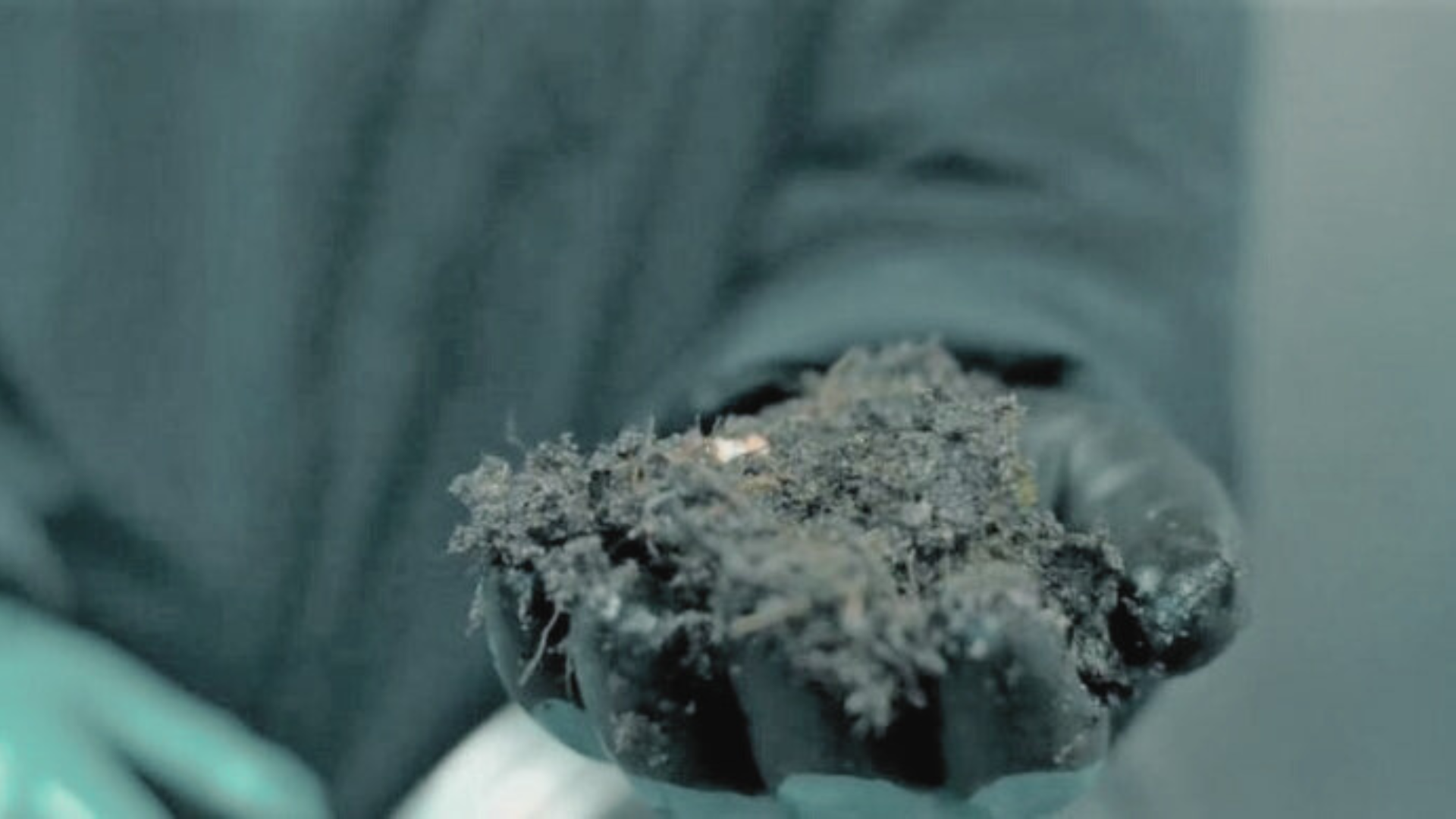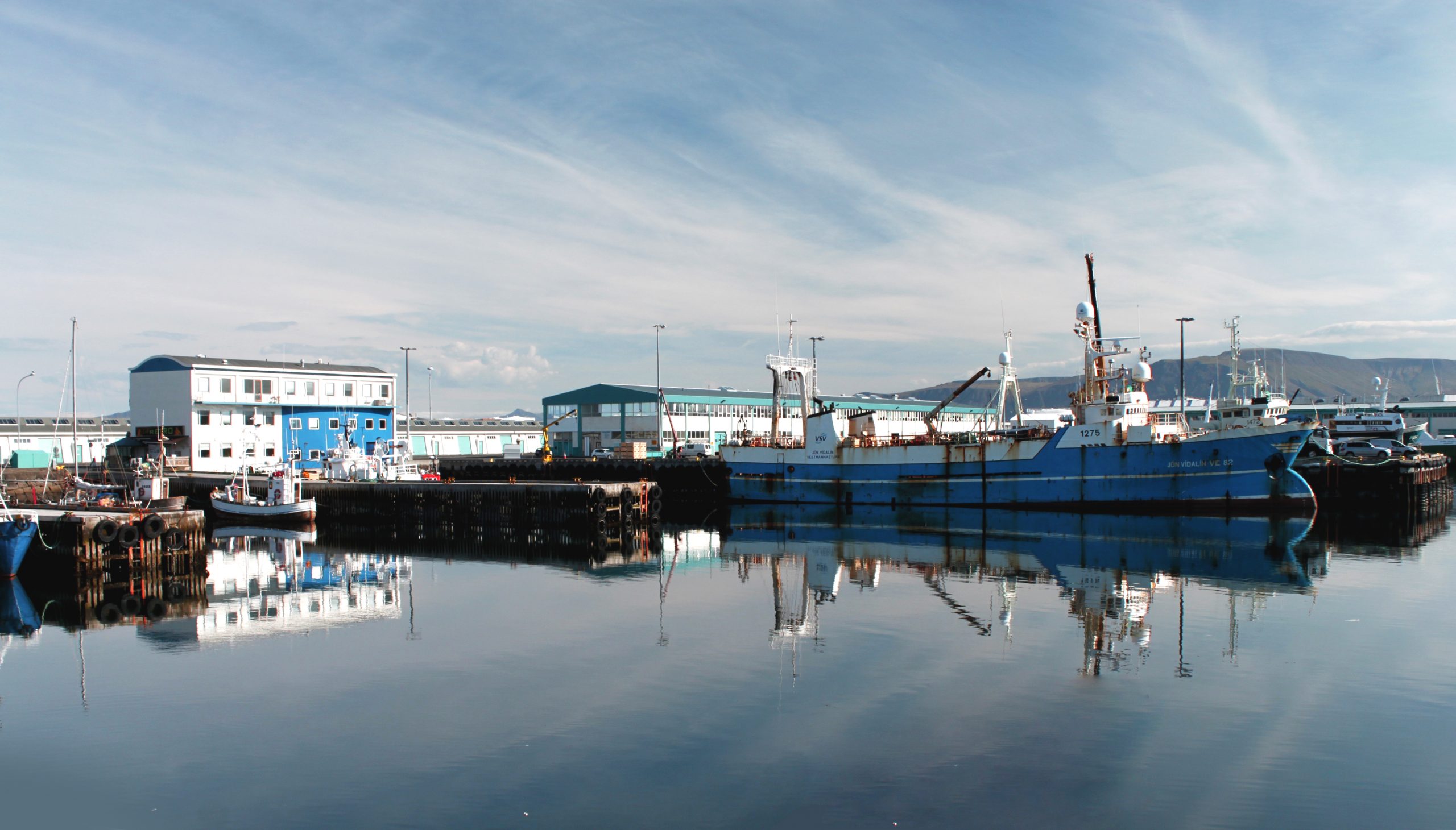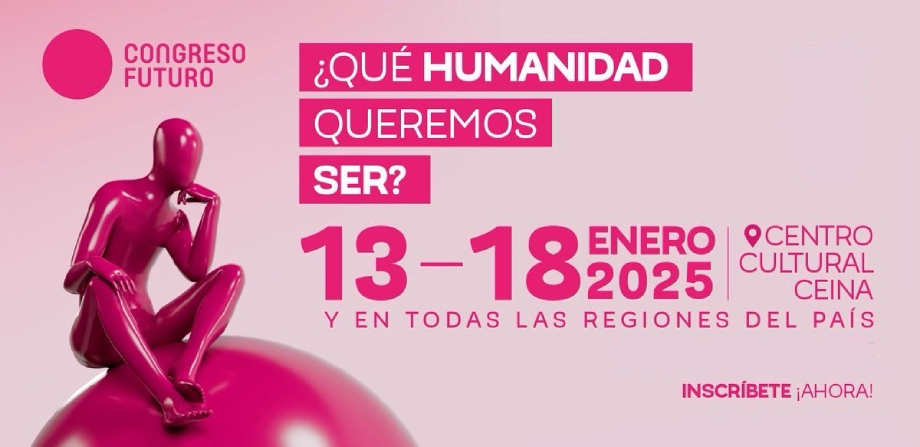The Iceland Ocean Cluster aims to drive innovation and sustainable utilisation of marine resources. A shining example of this commitment is the recent master’s project of Emily Purcell and Juan Pablo Quintero, titled “Kelponomics: A Comprehensive Analysis of the Global Seaweed Industry with Sustainable Strategies for Growth in the Icelandic Market“, which dives into the economic and environmental potential of kelp in Icelandic waters.
Kelp is a type of seaweed found abundantly in cold ocean waters. Kelp has been getting attention worldwide due to its versatility and environmental benefits. Iceland, with its extensive coastline and pristine marine environments, is uniquely positioned to capitalise on this growing industry. The “Kelponomics” project, developed as part the master’s thesis of Purcell and Quintero , explores how Iceland can turn its kelp resources into a sustainable economic opportunity.
—01 Sustainable Development through Kelp
The project outlines the methods and benefits of cultivating kelp in Iceland. As a renewable resource, kelp does not require fertilizers, fresh water, or arable land, making it an ideal candidate for sustainable cultivation. Beyond its minimal environmental footprint, kelp sequesters carbon dioxide and helps mitigate ocean acidification, aligning perfectly with Iceland’s leadership in ecological stewardship and climate action.
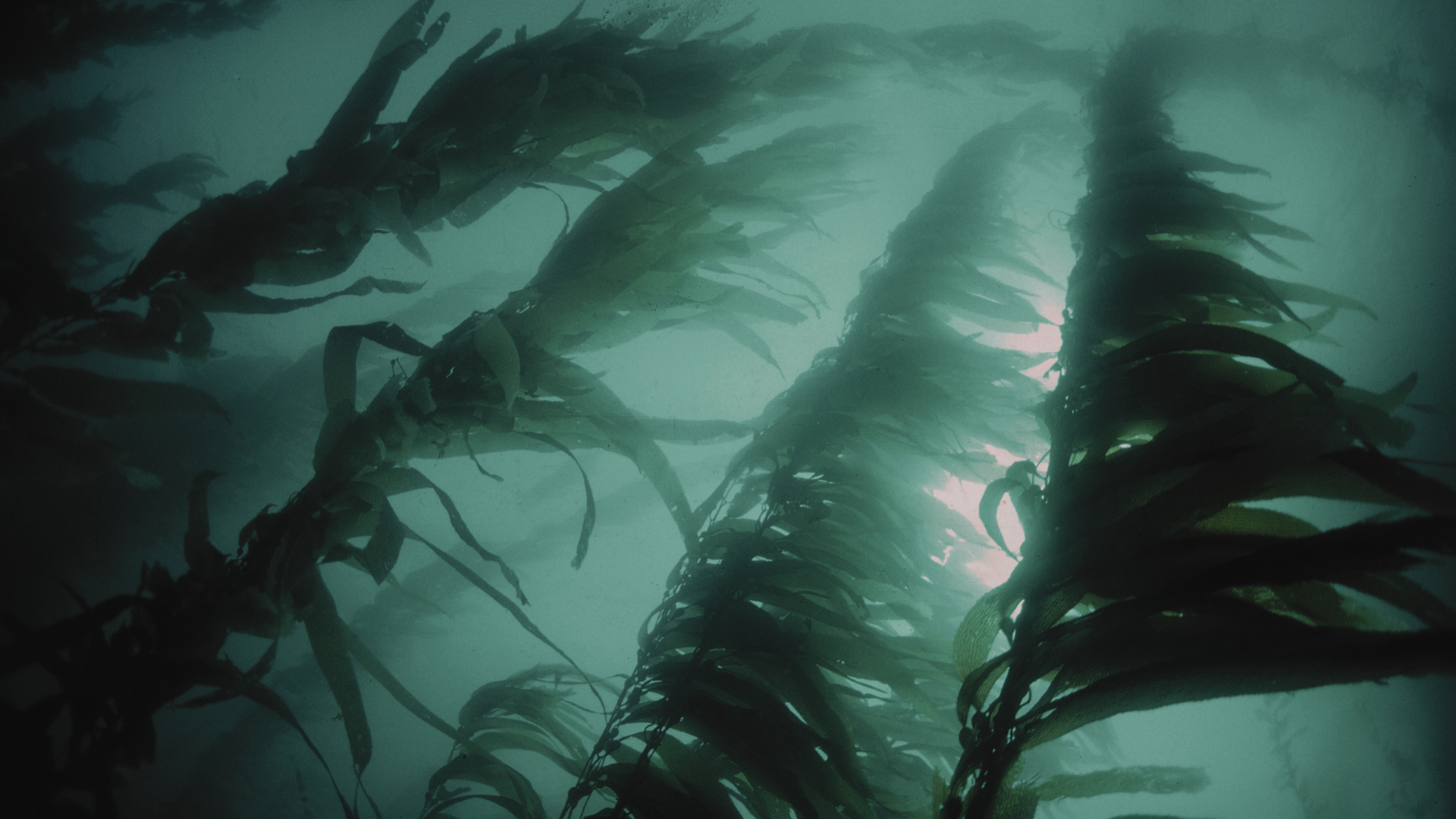
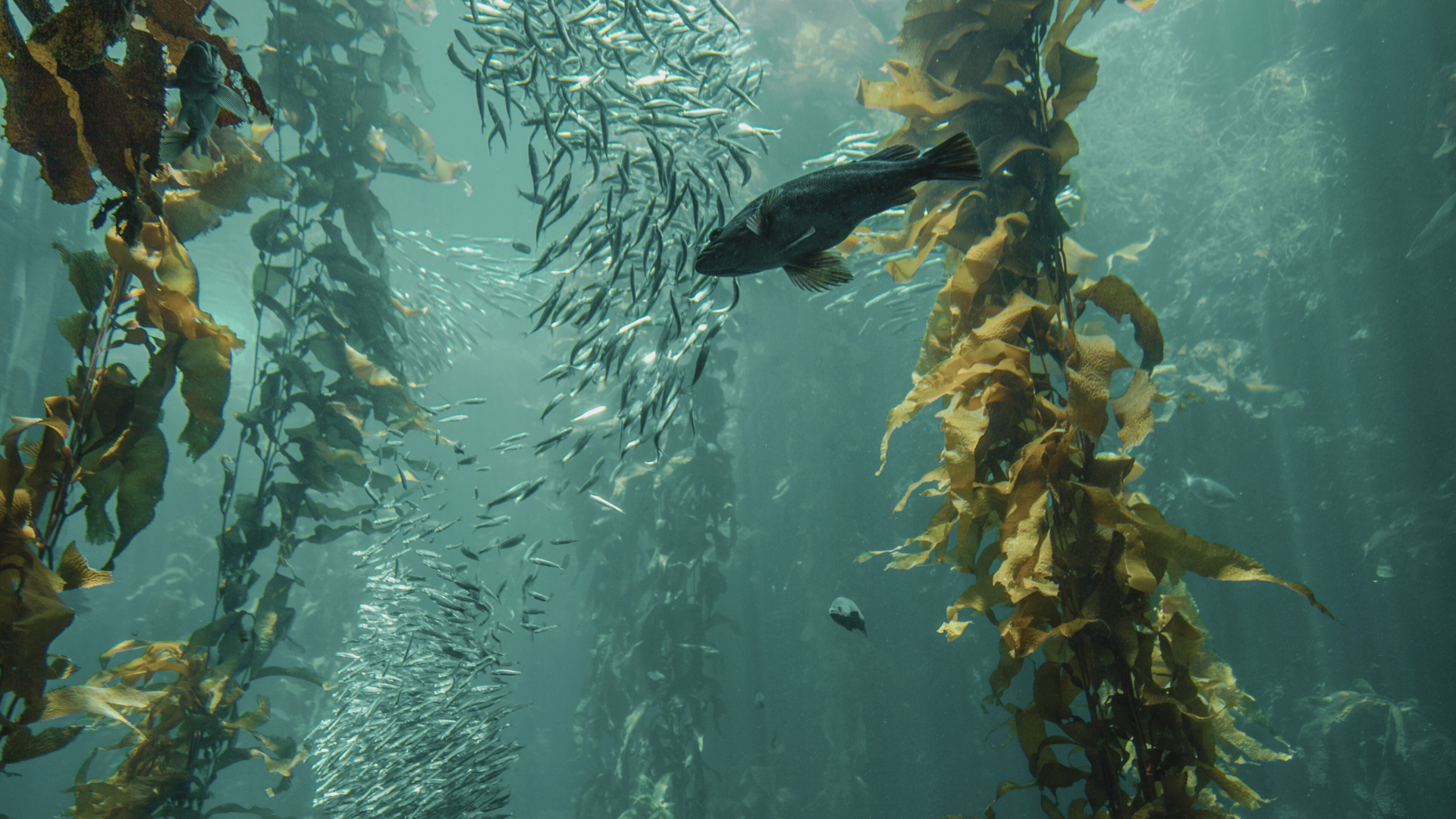
—02 Economic Potential Unleashed
“Kelponomics” provides a detailed analysis of the economy of kelp in Iceland. The findings suggest that with the right investment and community engagement, kelp can become part of Iceland’s blue economy. The versatility of kelp allows for a variety of applications including pharmaceuticals, biostimulants and cosmetic products, and as a nutritious food source, each serving different market needs and contributing to economic diversification.
—03 Engaging the Community
An essential part of the project’s strategy involves community engagement—working with local fishers and farmers to diversify income sources. This community-centric approach not only helps stabilise the local economy but also ensures that the benefits of kelp cultivation are widely distributed.
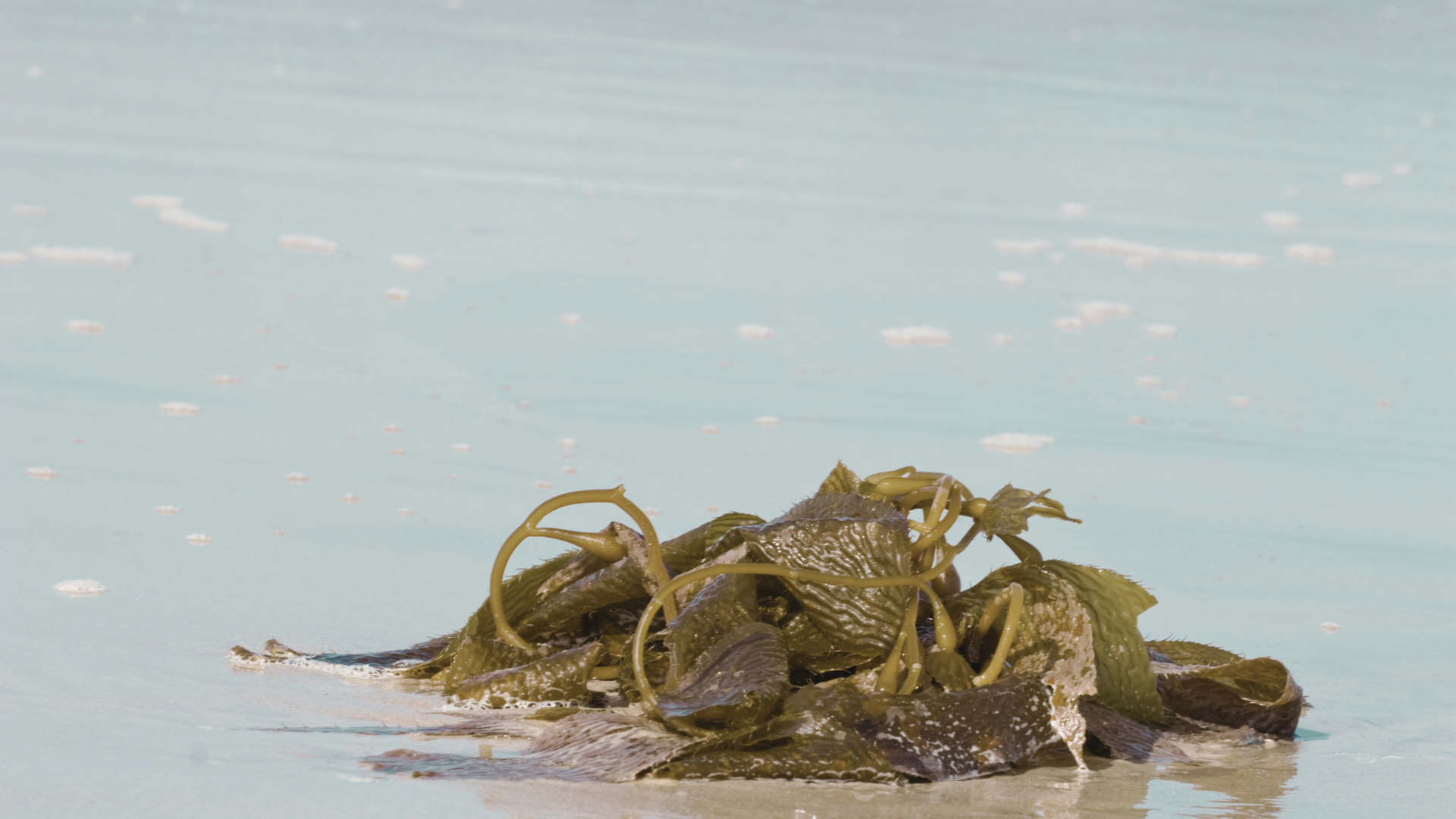
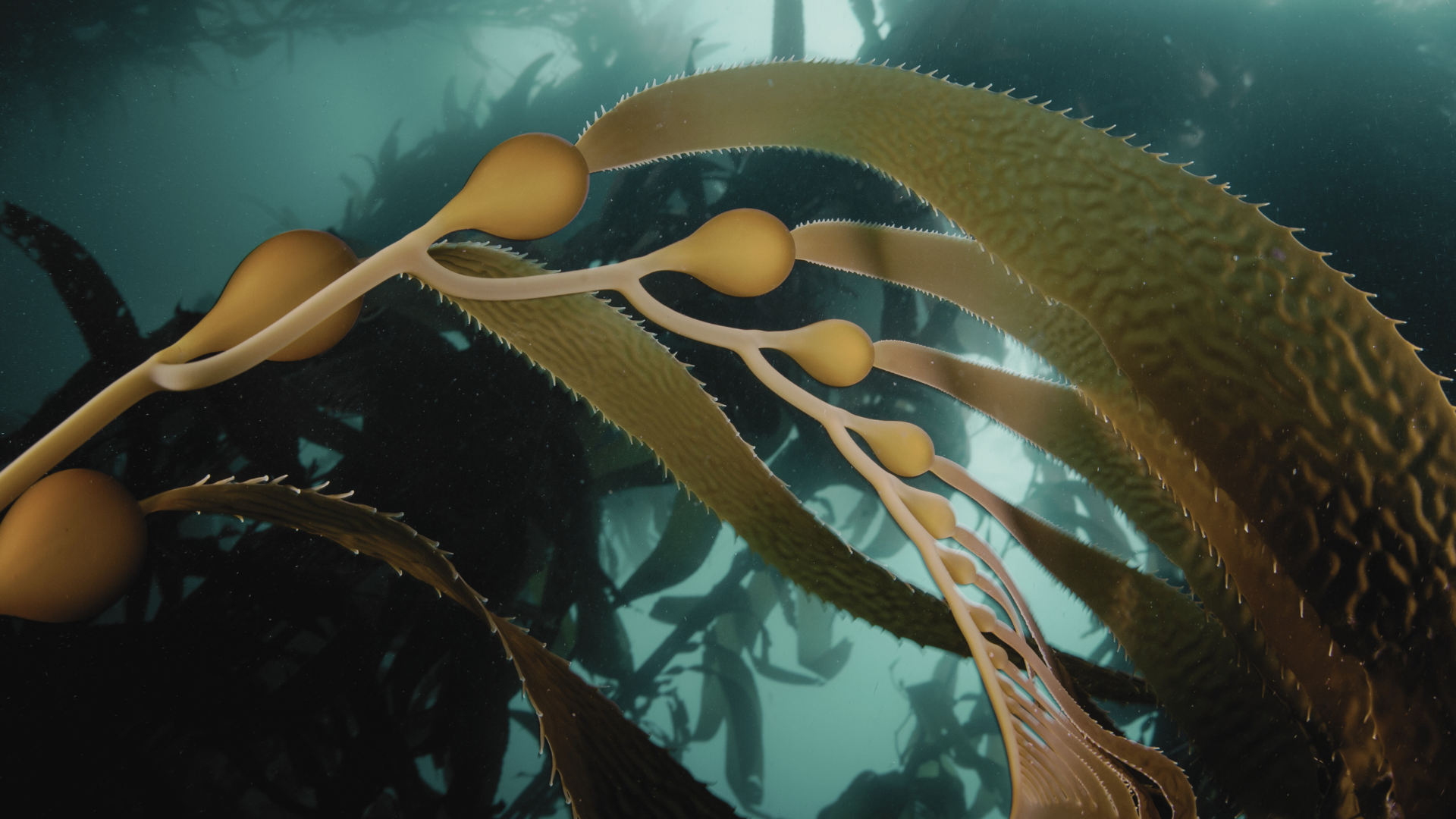
—04 Looking Forward
As we look to the future, the Iceland Ocean Cluster is excited to support initiatives like “Kelponomics.” This project is just the beginning of what we hope will be a transformative shift towards a more sustainable and prosperous blue economy in Iceland that will inspire initiatives in the marine and coastal businesses across the nation.
We invite all stakeholders, from policy makers to entrepreneurs, to explore the findings of the “Kelponomics” project and join us in this exciting journey towards sustainable innovation.

